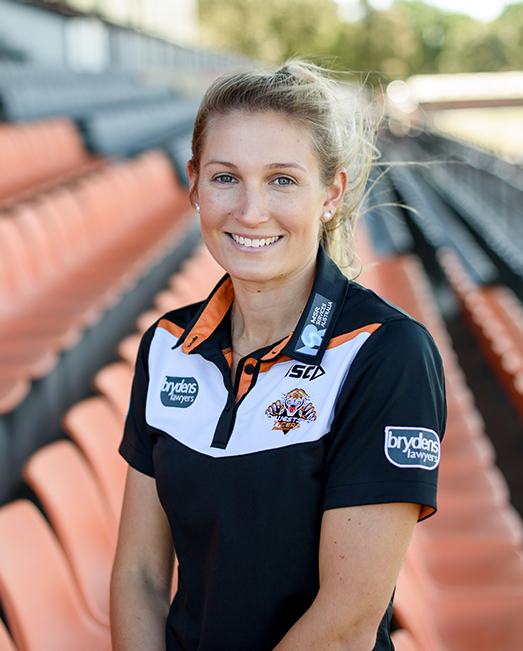Study
Copyright@ Australian Catholic University 1998-2026 | ABN 15 050 192 660 CRICOS registered provider: 00004G | PRV12008
Copyright@ Australian Catholic University 1998-2026 | ABN 15 050 192 660 CRICOS registered provider: 00004G | PRV12008

Keen to kick-start your career while you’re still at uni? Here’s how you can get invaluable experience during your degree. ACU’s Associate Professor Jillian Fox gives us the low-down on WIL.
“WIL is broadly a way of integrating the theory of learning with the practice of work, so students can build on their existing knowledge and gain practical experience alongside practitioners in their industry.
All WIL activities provide students with opportunities to integrate theoretical knowledge with the practice of work within purposefully designed coursework.
In the Faculty of Health and Sciences, students might get opportunities to engage in supervised hands-on practical activities in hospitals, ambulance services, community health centres and clinics.
In the Faculty of Education and Arts, pre-service teachers might gain teaching experience working with teachers in schools and early childhood education sites.
Many students across all our faculties get to participate in international internships. ACU has relationships with more than 200 universities and education institutions in the Americas, Europe, Africa and Asia. These relationships support a range of education abroad opportunities where students can put theory into practice.”
“Research is telling us that when students engage with the industry they intend to work in, not only do they integrate curriculum with learning in the workplace, they develop strong occupational and professional links. They develop graduate attributes and employability skills allowing students to transition easily into their profession.
Many of our students secure employment directly from their placement, and for many others the placement is a stepping-stone into their profession.
Likewise, WIL benefits our partners because it gives them access to our students, so they get to contribute to our programs and meet our students early on.
In true partnerships, we’re all supporting and helping each other, and WIL for us is about the partnerships and the relationships that we’re building with industries in order to give our students amazing opportunities to work in their professions.”
“There’s Greta Conlan, an ACU graduate in exercise and sport science who secured a job with the Wests Tigers NRL team through her WIL internship at the club.
Kris Olsen was one of my students, studying primary education, and his last WIL placement was a teaching internship in a school. That school offered him a job and he’s now in his second year working there.
Kris commented on how positive that experience was, not only for him, but for the school too, because having a prac student in the classroom brings a lot of energy and excitement to the school.
So our WIL partners help our students, and likewise our students help our partners by bringing new energy, providing information about the latest research and engaging with their communities.
We have fantastic partners like St Vincent’s Hospital and Three Peas Crèche, who tell us that ACU students are well prepared, have a great theoretical background and are ready for action.”
"At ACU, Work Integrated Learning is a distinctive embedded component of the university learning experience. Therefore it is scheduled into course enrolment guides and when students can first do Work Integrated Learning will vary depending on their course and discipline.
For example, in the Faculty of Education, students need foundational knowledge and understanding before they can go into schools or childcare centres, so they might have to wait until their second year. In other disciplines, students may be able to go out and do observation in an industry setting in their first year of study.”
“Placements generally vary, from one week to eight weeks in length, depending on the program. But again, it really depends on the discipline.
For example, for paramedic students, in one of their units they have to do 150 hours of industry experience. In Education it might be a four-week block. It could be a single day, it could be full-time or part-time, it really depends on the course the student is doing.”
“At ACU we’re very lucky because we’ve got amazing professional experience officers, we’ve got admin staff and lecturers who organise placements for students, contact partners and liaise with industries in order to streamline the process.
We use a management placement tool called InPlace, so placements are all managed centrally and students have access to that system and can always seek assistance from our professional experience officers.”
Jillian Fox is Associate Professor in ACU’s Faculty of Education and Arts.
For more info on ACU’s Work Integrated Learning program, visit the WIL website.
Copyright@ Australian Catholic University 1998-2026 | ABN 15 050 192 660 CRICOS registered provider: 00004G | PRV12008